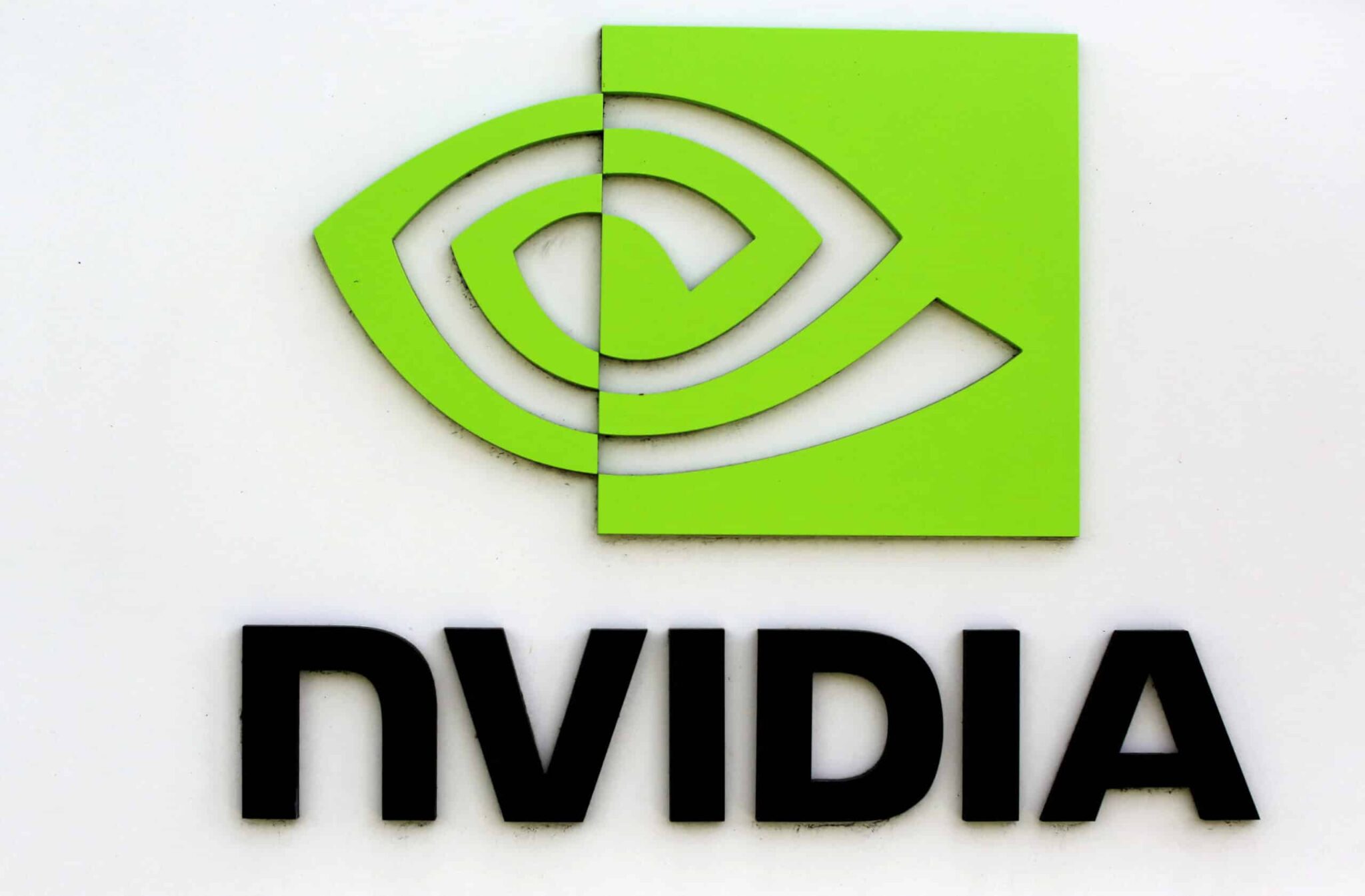Alphabet’s spin-off SIP has unveiled Verrus, a groundbreaking data center concept that integrates battery-powered microgrids, marking a significant step forward in sustainable and resilient data center operations. This innovative approach not only aims to enhance energy efficiency and reliability but also positions Verrus as a leader in the move towards greener, more sustainable data infrastructure solutions.
Key Highlights
- Verrus, launched by Alphabet’s spin-off SIP, redefines data center design with a focus on sustainability and resilience.
- Incorporates battery-powered microgrids to provide reliable, renewable energy sources.
- Aims to improve energy efficiency, reduce carbon footprint, and enhance operational reliability.
- Supports Alphabet’s broader sustainability goals, aligning with global environmental initiatives.
The Rise of Microgrid-Powered Data Centers
The concept of using microgrids in data centers is not new, but the implementation of a battery-based system as the core of Verrus’s infrastructure is a novel approach. Microgrids are localized grids that can disconnect from the traditional grid to operate autonomously and are typically powered by renewable energy sources. This capability not only ensures a more stable power supply but also contributes to a significant reduction in carbon emissions.
Reinventing Data Center Energy Solutions
Verrus is not just another data center; it represents a paradigm shift in how data centers are powered and managed. The adoption of battery microgrids is at the heart of this transformation, offering a more sustainable and resilient alternative to traditional power sources. This system not only allows for the use of renewable energy but also provides a way to store and manage that energy more effectively, ensuring that the data center can maintain operations even in the event of external power failures.
Enhancing Energy Efficiency and Sustainability
Verrus aims to set a new standard for data centers, prioritizing not just operational efficiency but also environmental sustainability. By relying on battery-powered microgrids, Verrus is designed to operate with greater energy independence, reducing reliance on fossil fuels and minimizing its environmental impact. This approach aligns with increasing global demands for more sustainable and responsible technology infrastructure.
Operational Reliability and Resilience
One of the critical advantages of incorporating microgrids into data center design is the enhancement of operational reliability. Traditional data centers are vulnerable to power outages and fluctuations in the power grid, which can lead to significant operational disruptions. Verrus’s microgrid system ensures a consistent and reliable power supply, mitigating the risks associated with grid instability and enhancing overall data center resilience.
A Vision for the Future
The launch of Verrus by Alphabet’s SIP represents a visionary step towards integrating sustainability and resilience into the fabric of data center infrastructure. This project not only demonstrates a commitment to innovative energy solutions but also reflects a broader industry trend towards greener, more efficient data center operations. As the demand for data storage and processing continues to grow, the importance of sustainable practices in this sector cannot be overstated.
The introduction of Verrus by SIP, a subsidiary of Alphabet, marks a significant milestone in the evolution of data center technology. By harnessing the power of battery microgrids, Verrus not only aims to revolutionize the way data centers are powered but also to set a new standard for sustainability and resilience in the industry. This innovative approach underscores the increasing importance of integrating environmental considerations into technological advancements, paving the way for a more sustainable and reliable digital infrastructure.






























